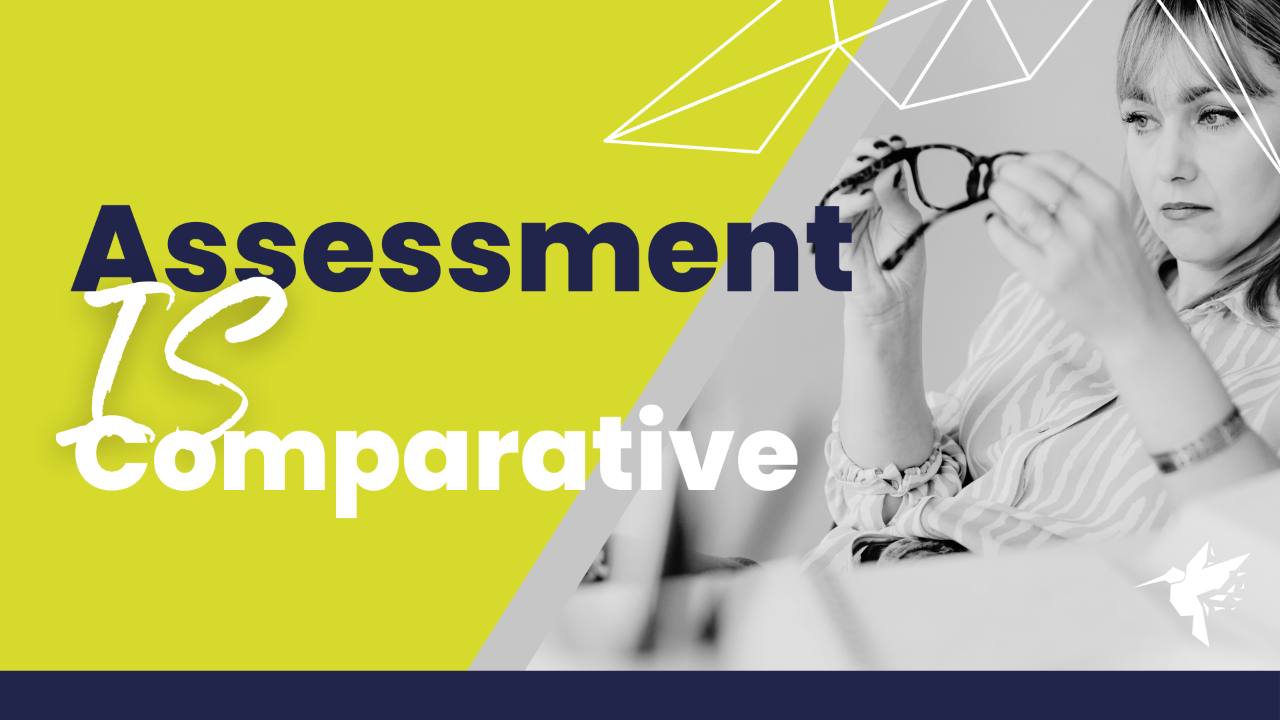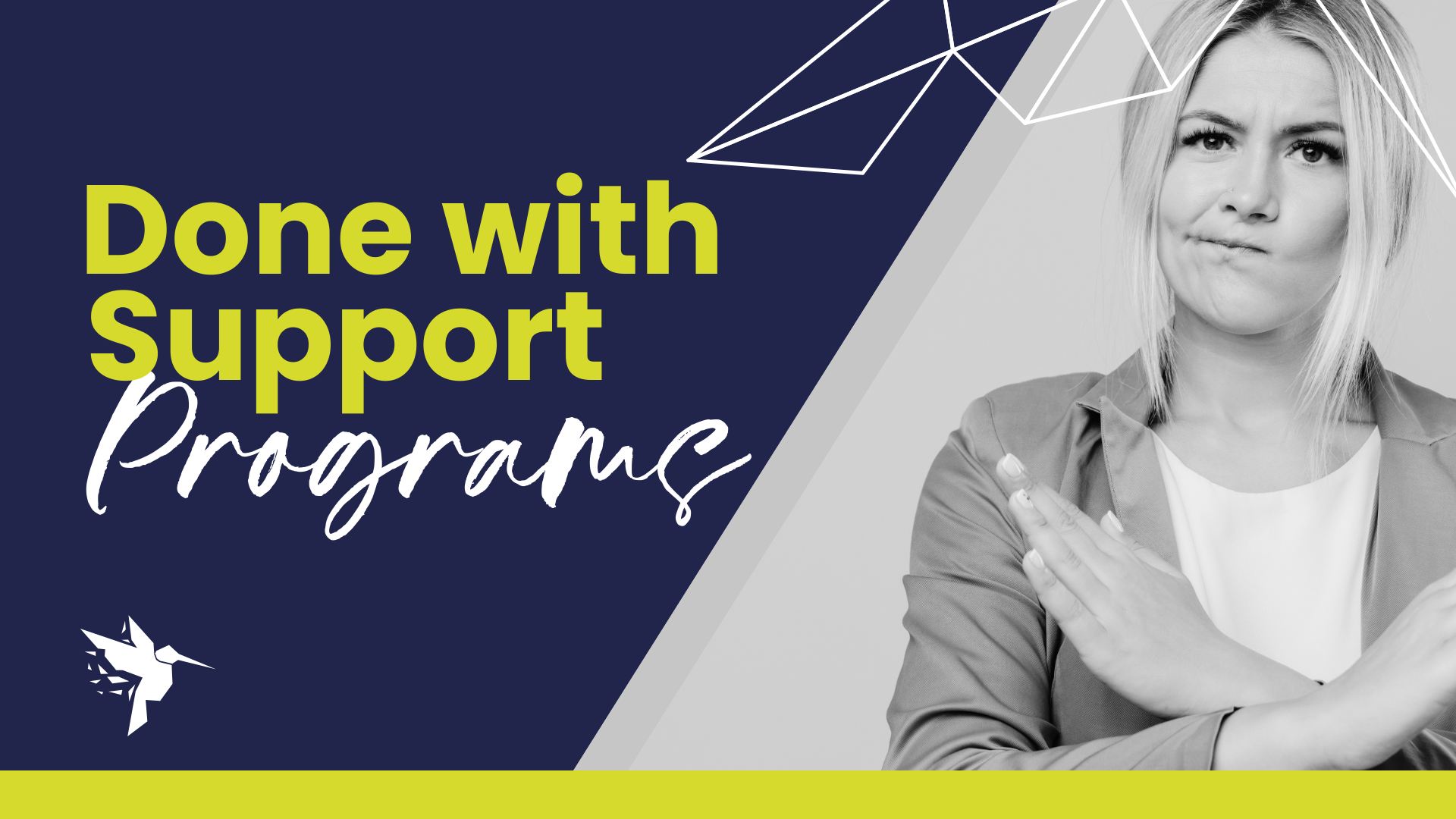Your Business is Not Your Baby
There’s a common phrase you’ve probably heard, and maybe even said yourself: “but... this business is my baby.”
It’s well-meaning. It reflects the care, effort, and time poured into building something from scratch. But here’s the truth, your business is not your baby. And continuing to treat it like one may be holding you back.
Your business may have been birthed through your creativity, resilience, and vision, but it is not an extension of your identity. It is not a stand-in for your self-worth. It is not a person. It doesn’t need to be coddled or carried. It doesn’t need unconditional love. What it needs is clarity, structure, nourishment, and boundaries.
This shift in perspective matters, especially for women founders, many of whom already carry the mental, emotional, and logistical load of caretaking in other areas of life. When you think of your business as a baby, you may unknowingly place yourself in a never-ending cycle of responsibility that blurs the line between who you are and what you own.
Let’s get clear.
A Business Is a Mechanism
Your business is a mechanism.
A tool.
A vehicle.
A structure that can be shaped to serve you, not consume you.
Yes, you create it. Yes, you nurture it. But the goal isn’t to remain its primary caregiver. The goal is to grow it into something functional and sustainable - so that it runs with or without your constant involvement.
Your business can do extraordinary things:
-
It can create jobs and economic participation.
-
It can shift outdated paradigms and build new ones.
-
It can tackle social injustice or environmental damage.
-
It can generate generational wealth.
-
It can give you choices - where you live, how you work, what legacy you leave behind.
But only if you allow it to be what it is: a living system, not a living being.
Why the Metaphor Matters
When you treat your business like your baby, you risk making decisions based on emotion rather than strategy. You might resist delegation, hold off on raising capital, undercharge, or avoid hard pivots because it “feels” like abandoning or changing your child. You may pour everything into it - your time, your money, your energy - and be left personally depleted when it doesn't "love you back."
Babies don’t scale. Businesses do.
You don’t have to be available 24/7. You don’t have to say yes to everything. You don’t have to do it all yourself.
You do have to make smart decisions. Build systems. Surround yourself with support. And allow your business to become something bigger than just you.
Shifting the Relationship
Here’s what it looks like to change the metaphor:
-
From Baby → Mechanism: You stop over-identifying with the business and start optimising it.
-
From Caretaker → CEO: You become the strategist, not the sole operator.
-
From Over-functioning → Delegating: You stop doing all the things and start hiring, outsourcing, or automating.
-
From Emotion-led → Outcome-driven: You make decisions based on your goals and values, not guilt or obligation.
This doesn’t mean abandoning your passion or ignoring your intuition. It means giving your business the structure and space it needs to thrive, not just survive.
What Does Your Business Do for You?
Ask yourself:
-
Is my business building financial independence?
-
Is it enabling the lifestyle I want?
-
Is it generating surplus so I can reinvest, donate, or take time off?
-
Is it aligned with the impact I want to have in the world?
If the answer is no, or not yet, there’s no shame in that. But it might be time to reframe your role.
Because you are not here to be overworked, underpaid, or emotionally drained by something you created. You’re here to lead. You’re here to build something that works - something that gives back.
Final Thought
Love your business. Be proud of what you've built. But don’t confuse it with your worth.
You are whole without it.
You are powerful beyond it.
And when you treat it as a mechanism for growth, freedom, and change - rather than something that needs you to survive - you’ll start to unlock its real potential.
Not just for profit.
But for purpose.
And most importantly - for you.
As a grants specialist and founder of Funding4Growth, Lisa Erhart has supported entrepreneurs to secure millions in funding worldwide. Discover her journey.




Responses